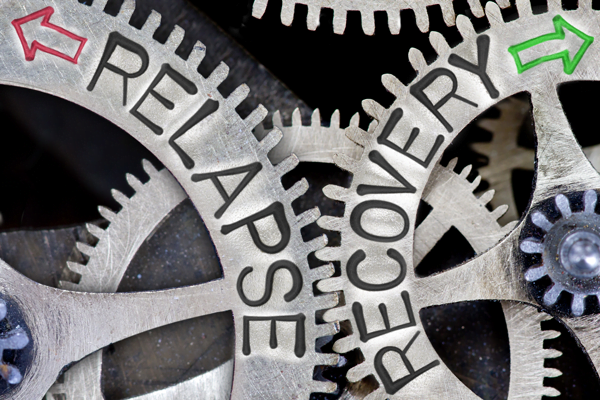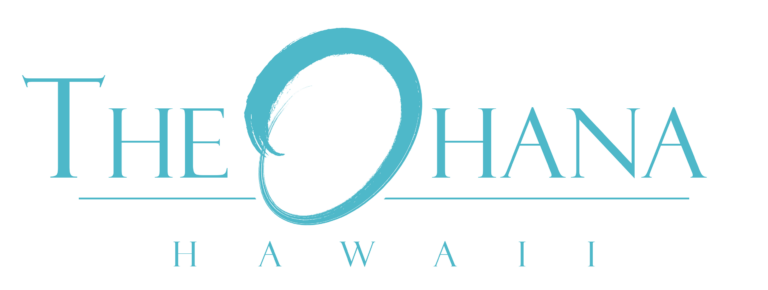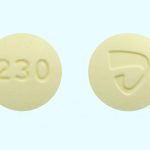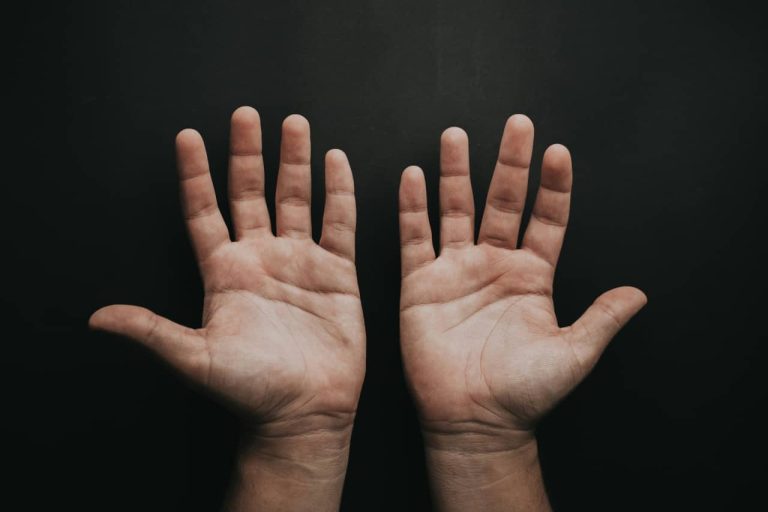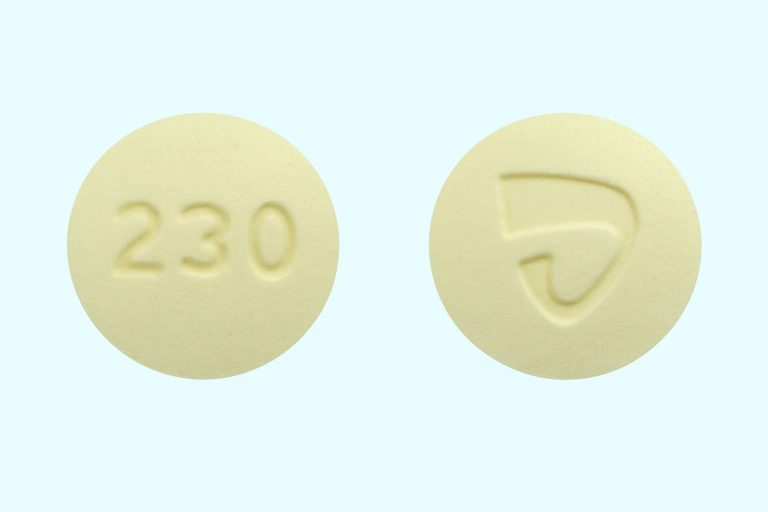Are you trying to overcome drug or alcohol addiction so you can live a better life? After months of inpatient treatment, it can be overwhelming to be back outside. Losing the strict program and routine in inpatient treatment centers can push you to relapse.
Relapse prevention is essential to ensure you don’t go back worse than when you came in. Below, we’ll discuss seven tips for overcoming the temptation to relapse. We also added some simple strategies you can follow whenever you feel like going back to old habits.
1. Learn to Identify Your Triggers
A key step in overcoming your cravings and your addiction is to learn what your triggers are. When you were using or drinking, you most likely followed a pattern. For example, being in a high-risk situation often pushed you to use or drink.
Like how everyone is unique, you also have a trigger that’s different from others. Your trigger might be your friends who still use drugs or drink. Or it can be a poor or isolated living condition where nothing will distract you from your cravings.
Once you identify the pattern, the next step is avoiding triggers. Find ways to get out of the situations that increase your need to use or drink again.
2. Create and Follow a Relapse Prevention Plan
Before you leave a center, you’re likely given a relapse prevention plan. If not, then learn how to create one. The plan must be cohesive, structured, and realistic.
An important factor is to stay connected and to engage with a supportive family member or friend. You can also enter an outpatient program or join a 12-step program. If you want to change your life, then it helps if you take proactive steps in breaking unhealthy habits.
The items you list in your plan must be things that distract you from going back to using or drinking. Keep a record of the successful times you coped with cravings. If you know yourself well enough, you’ll also know how to reward your successes.
3. Use Healthy Ways to Handle Stress
Experiencing stress can make you want to turn to your old habits for comfort and escape. Sometimes, you may not even notice that you’re under stress, which can trigger cravings. Some signs of stress include worry, difficulty concentrating, and loss of sleep.
Stress and other negative emotions can heighten your need to use or drink. Instead of giving in to cravings, distract yourself with stress management activities. Enter relaxation and wellness programs like yoga or meditation classes.
You can also improve your stress management by talking to people. A 30-minute daily exercise can boost your mood and reset your stress levels. It also helps to focus on the most important goals and tasks of the day.
4. Practice Relapse Prevention by Reaching Out
Talk to people who understand your situation and have helped you get through the addiction. After you get out of rehab, surround yourself with supportive people. They can be a friend from your support group, a doctor, or people who’ve met in the community.
If you have a supportive family or friend group, reach out to them. You don’t need to force yourself into social settings to talk to people. All you need is to know who you can trust to boost you up and to help you push through the cravings.
You don’t need to talk to them if you don’t want to. Sometimes, it helps if they’re around to keep you company until the cravings pass. Check out the other strategies to overcome addiction here.
5. Learn to Do Fun Things Alone and With Reliable People
Distraction is a good strategy for coping with cravings. If you want to live a healthier life after inpatient treatment, learn how to have fun in new and healthy ways. It can include:
- Learning a new language
- Learning to play an instrument
- Sightseeing and experiencing nature
- Taking a class on cooking or sewing
- Reading a book
- Taking up a new hobby
- Treat yourself to a spa day
You can also reignite old passions and hobbies that took a backseat when you starting using. You can even immerse yourself in culture and history if your interests lie there. Visit a museum, talk to peoples of different cultures, or visit a new country.
It’s better if you do all these things alone. These activities can help you find your center or create balance in your life. You can also share the experience with a close friend or family member.
6. Work on and Focus on Healthy Relationships
Having a network of supportive family and friends is essential to your recovery. Focus on the people who are supportive of your progress. They will boost your morale and keep you motivated.
What if your family is the reason you got into drug use? What if your best friend was the person who influenced you to start drinking? If your relationship with them isn’t healthy, then learn to set boundaries.
Cut ties with the toxic people in your life by blocking them and avoiding them. If you feel like you need to explain why you’re cutting them off, tell them that you need space. Don’t ever feel guilty about leaving unhealthy relationships or toxic people behind.
7. Keep a Relapse Coping Plan
A survey found that over 23 million adults in the US have had problems with drug abuse. Most of these people have overcome their addictions. Yet, overcoming addiction isn’t easy and it won’t always be clean.
If it’s your first time to overcome inpatient treatment and your addiction, that’s great. There will be moments when you feel like you can’t stay sober. There will be times when you’ll break your rules and relapse.
It’s not the end of the world because it’s a natural part of recovery. Even if you don’t think you’ll relapse, have a coping plan in case you do. Learn who to call and what to do if you made the mistake of relapsing.
Know the costs of relapsing and how it will affect the people around you. Do your best and follow your relapse prevention plan. Also, understand that having a coping plan for relapse can help you become mentally stronger.
Stay Clean and Motivated
The best way to succeed is to keep your goals and motivations in mind. Those are the seven strategies for relapse prevention. Visit our contact page now if you need treatment specialists for overcoming addiction or relapse.

